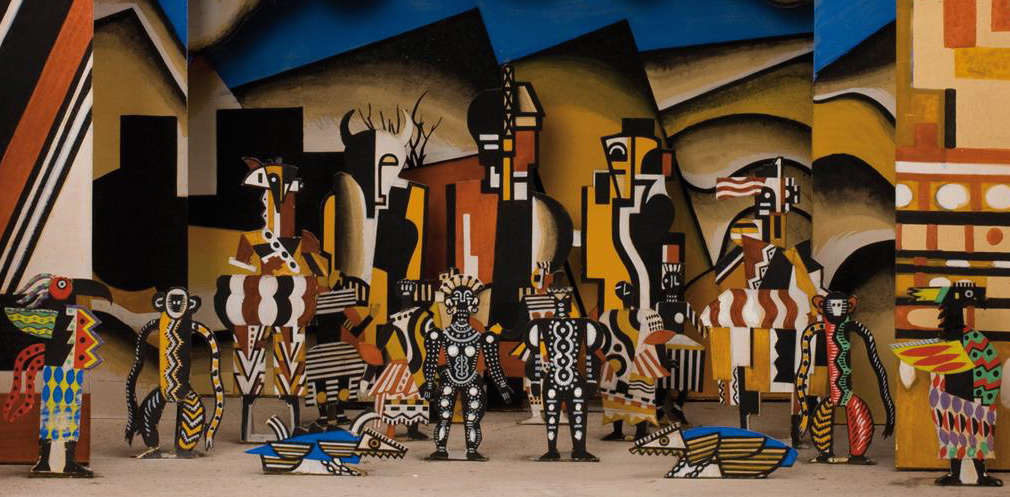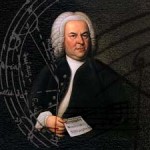Composed in 1923, “La Création” is a fusion of jazz, blues and orchestral styles. Milhaud discovered jazz music while on a 1921 trip to London, and was enthralled by the new idiom. He traveled to the U.S. in 1922 on a concert and conducting tour, performing in various American cities. During his stays in New York he made it a point to frequent black jazz clubs in Harlem, and steeped himself in the music, its instrumentation and style.
Returning to Paris, he teamed up with the Ballet Suédois, the author Blaise Cendrars and the cubist artist Fernand Léger to compose music for an African-themed ballet of creation. While the ballet itself is rarely performed today, Milhaud’s scintillating score has become part of the concert repertoire.
Its 18-piece instrumental ensemble is unique: woodwinds (flutes, clarinets, oboe, bassoon, saxophone); brass (horn, trumpets, trombone); four solo strings (two violins, ‘cello, bass); piano; and percussion (five timpani, plus a large variety of percussion instruments).
“La Création” has six movements, played without a break. Jazz riffs, blues and syncopated rhythms abound.
The Overture starts with a sonorous melody played by the saxophone.
“Chaos” features a jazz fugue, starting with bass, trombone, saxophone and trumpet.
“Creation of Plants and Animals” begins with a somber woodwind motif signifying darkness; an oboe blues riff signals the birth of flora and fauna.
“Creation of Man and Woman” is introduced by the solo violins, then interspersed with syncopated passages (bassoon, saxophone, piano, bass). Another oboe passage heralds the creation of man and woman.
“Desire” brings the clarinet front and center in an extended blues riff, with sensuous oboe and piccolo/trumpet motifs in the middle. All of the instruments join in; the saxophone plays the main melody, and the others play their riffs with and against each other.
“Spring, or the Calm” reprises the opening theme and blues motifs before fading out with a sighing blues chord in the saxophone and strings.
La Creation du Monde
Op. 81a
Composed in 1922-23
By Darius Milhaud






